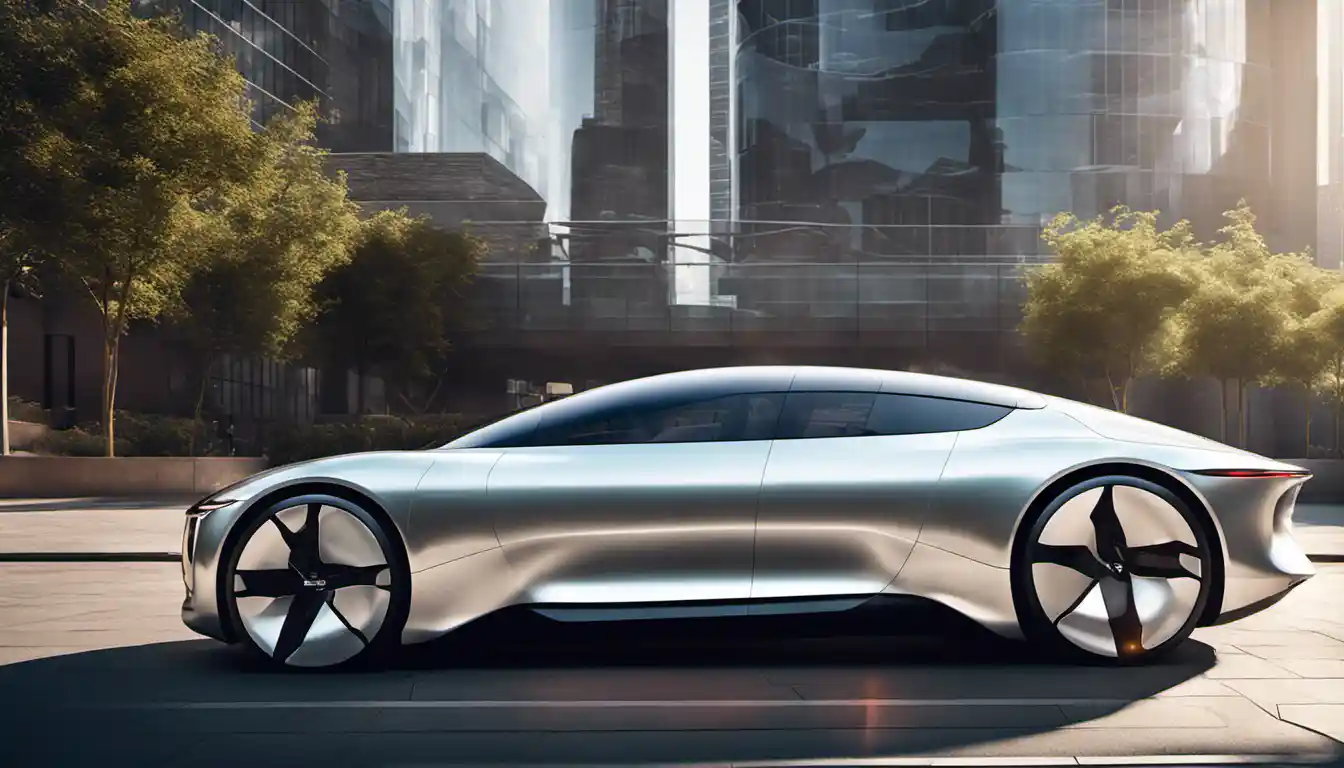Introduction to Solar Powered Vehicles
Solar powered cars are environmentally friendly, reducing carbon emissions as they convert sunlight directly into energy to power the vehicle. However, they depend heavily on weather conditions, as they may not perform as well in cloudy or rainy weather, and their speeds are usually lower compared to conventional cars. Furthermore, solar panels and batteries used in such cars are quite expensive, making them less affordable for the average consumer.
Pros of Solar Powered Cars
Renewable, Clean Energy Source
Harnessing the power of the sun for our transport has profound benefits, especially from an environmental perspective. As a clean, renewable energy source, solar power offers an endless supply of power, unlike our dwindling resources of fossil fuels. In addition, the conversion from sunlight to electricity doesn’t produce harmful greenhouse gas emissions, making it a green alternative for our planet.
No Energy Costs

One of the most significant advantages of solar vehicles is the potential for zero operational energy costs. Once you’ve absorbed the initial purchase and installation charges, the sun’s energy is entirely free. If you compare this to the perpetual costs of gasoline for traditional cars, the long-term savings potential is massive.
Environmental & Health Benefits of Solar Power
The use of solar energy can result in fewer cases of chronic bronchitis, respiratory and cardiovascular problems, and lost workdays related to health issues, thanks to reduced pollution levels.
Cons of Solar Powered Cars
Modest Available Power

One of the main disadvantages of solar-powered vehicles is their limited power supply. Solar cars rely entirely on the sun’s energy, which can prove challenging on cloudy days or during the night. While advancements in engineering have been made to combat this issue with batteries storing power for nocturnal use and backup power supply, these solutions come with their own limitations and costs.
Poor Practicality
Solar panels must be exposed to sunlight to efficiently gather energy. In a car, this means that the entire surface needs to be covered with solar cells to maximize energy absorption. Such design constraints may compromise the practicality and aesthetic appeal of solar vehicles.
Materials That Absorb & Reflect Solar Energy
Currently available solar panels and batteries are not fully efficient and are expensive, making the mass production of solar-powered vehicles a challenge. Also, the materials used in solar panels can be harmful to the environment when they are disposed of, offsetting some of the environmental benefits.
Comparison with Traditional Vehicles

Solar Power Vs. Fossil Fuels
When comparing solar powered cars to their traditional fossil fuel-powered counterparts, the emission levels and fuel costs are significantly lower for the former. However, the initial investment and practical limitations of solar cars make it a less attractive option for most people.
The Difference Between Gas and Hybrid Vehicles
Solar vehicles can be seen as an extreme form of hybrid vehicles. While hybrid cars use a combination of fuel and electricity, solar cars aim for a complete cut from fossil fuels. This makes solar cars much more eco-friendly but also more reliant on good weather conditions.
Conclusion: The Future of Solar Powered Vehicles
Despite the current limitations, the continued pursuit of cleaner, more sustainable energy gives us hope for the future of solar powered vehicles. With the advancements being made in solar technology, we can anticipate more efficient, practical, and affordable solar powered vehicles in the not so distant future.
While solar energy offers significant advantages in terms of renewal and zero running energy cost, it is important not to overlook the current drawbacks. To fully embrace solar powered cars and understand their implications for our future, one must grasp both the advantages and disadvantages of solar vehicles. Here is a more detailed breakdown on solar powered vehicles if you want to dive deeper into this intriguing and evolving topic.
To conclude, solar power offers significant potential in our transition towards sustainable and green transportation, but it’s not the perfect solution just yet. By weighing the pros and cons, you can determine if it’s the right choice for you. After all, in its essence, the quest for the ideal green vehicle lies in balancing the practicalities with the environmental needs, a challenge that engineers and scientists the world over are racing to solve.



